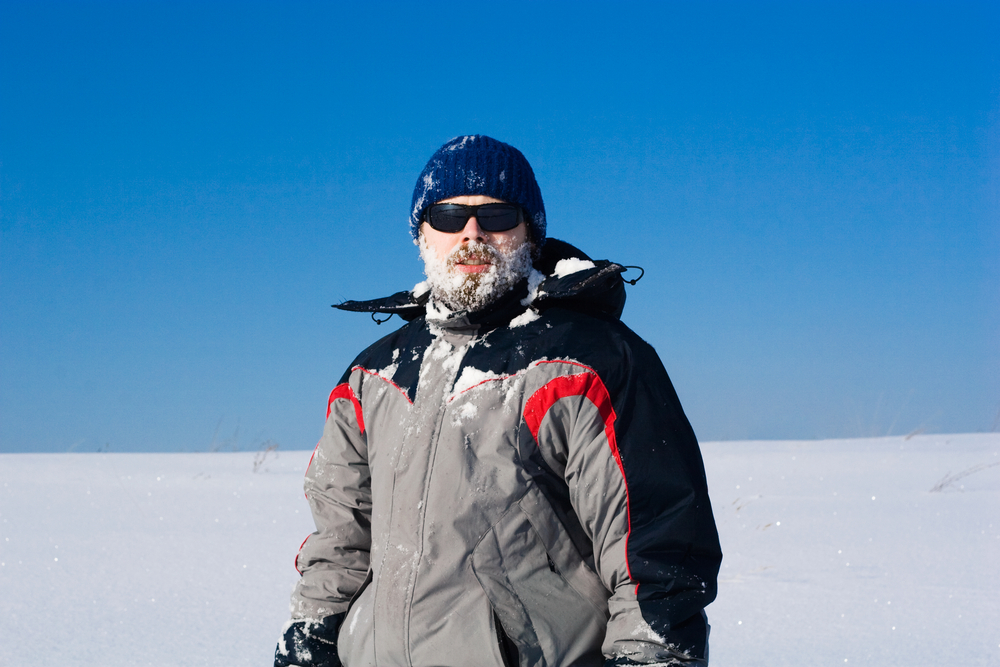
Get the world’s most fascinating discoveries delivered straight to your inbox.
You are now subscribed
Your newsletter sign-up was successful
Want to add more newsletters?

Delivered Daily
Daily Newsletter
Sign up for the latest discoveries, groundbreaking research and fascinating breakthroughs that impact you and the wider world direct to your inbox.

Once a week
Life's Little Mysteries
Feed your curiosity with an exclusive mystery every week, solved with science and delivered direct to your inbox before it's seen anywhere else.

Once a week
How It Works
Sign up to our free science & technology newsletter for your weekly fix of fascinating articles, quick quizzes, amazing images, and more

Delivered daily
Space.com Newsletter
Breaking space news, the latest updates on rocket launches, skywatching events and more!

Once a month
Watch This Space
Sign up to our monthly entertainment newsletter to keep up with all our coverage of the latest sci-fi and space movies, tv shows, games and books.

Once a week
Night Sky This Week
Discover this week's must-see night sky events, moon phases, and stunning astrophotos. Sign up for our skywatching newsletter and explore the universe with us!
Join the club
Get full access to premium articles, exclusive features and a growing list of member rewards.
Frigid wind swept through North America in the wake of Winter Storm Hercules, according to the National Weather Service. In much of the United States, temperatures dropped below freezing, while high winds made the cold stab deeper. This weekend, the northern Great Plains may suffer wind chills of -55 degrees.
BLOG: Snow Covers Nearly Half of U.S. After Hercules
Men may face a higher risk from this cold wave than women. Statistics from the Centers for Disease Control and Prevention (CDC) report that from 1999 to 2011, men accounted for 67 percent of hypothermia-related deaths in the United States. Hypothermia-related deaths included cases in which excessive natural cold were underlying and contributing causes of a person’s death.
LIST: 10 Techs Taking on Old Man Winter
Nearly 17,000 hypothermia-related deaths occurred between 1999 and 2011, the most recent year for which CDC National Death Index data was available. That averaged to about 1,300 deaths per year.
With 1,536 deaths, the worst year was 2010, the year of the massive “snowmageddon” blizzard that paralyzed much of North America and a hard winter that accounted for more than 300 deaths in Europe.
One grim contributor to the higher ratio of male to female hypothermia deaths may be that homeless individuals are predominantly male in the United States. Single people made up 76 percent of the homeless surveyed in 25 American cities by the U.S. Conference of Mayors. Men made up 67.5 percent of that population.
Get the world’s most fascinating discoveries delivered straight to your inbox.
The homeless, and other vulnerable groups such as the elderly and impoverished, face grave threats in the ongoing cold winter. However, hypothermia can strike anyone when their core body temperature drops below approximately 95 degrees F (35 C).
According to the CDC, hypothermia symptoms include shivering, exhaustion, confusion, fumbling hands, memory loss, slurred speech and drowsiness.
This story was provided by Discovery News.
 Live Science Plus
Live Science Plus





